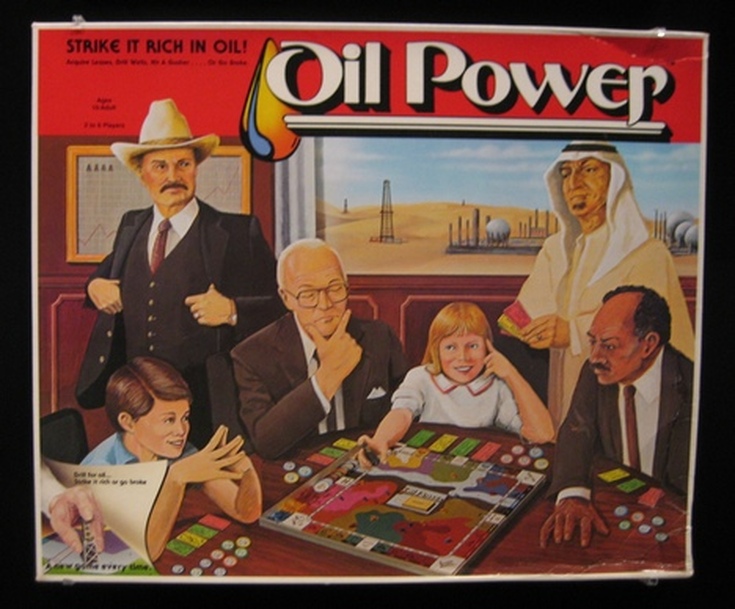Both structural-functionalists and social-conflict theorists try to study and analyze social problems and issues at the macro-level. However, they both differ in their perceptions as to how notions of power are distributed within U.S. society. Choose of the two approaches, and address the following questions:
- How does this approach perceive the distribution of U.S. power in society?
- Do you agree with this approach? Why or why not?
- What are the limitations of this approach?
***Your response (blog post) to this blog above is required by Tuesday, December 6, 2011 at 11:59 p.m.***
 RSS Feed
RSS Feed